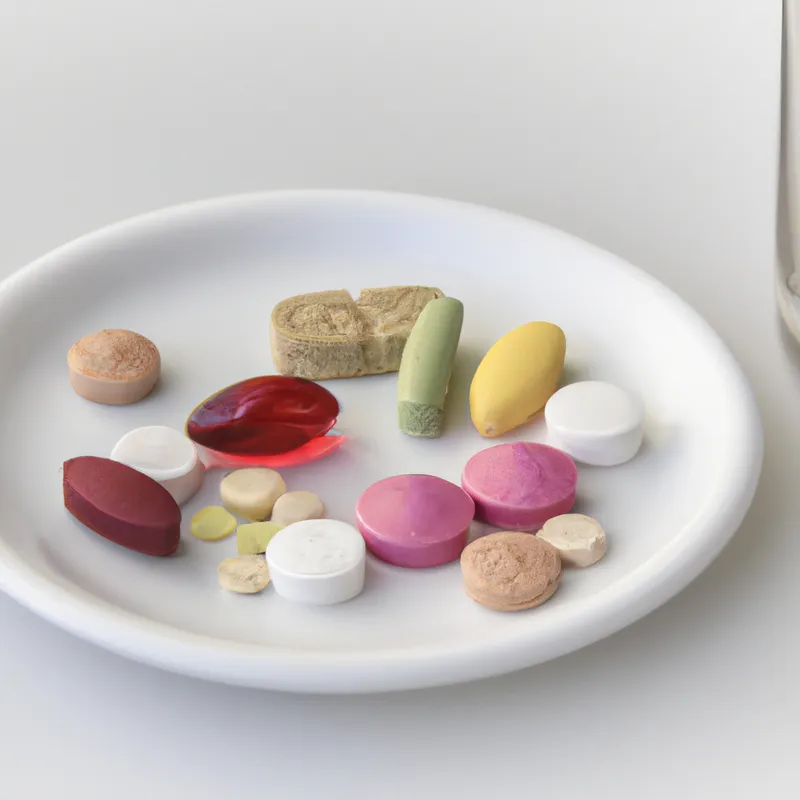Discover How Whole Foods Boost Your Healing
The Benefits of Whole Foods vs. Supplements in Recovery
Many athletes and fitness enthusiasts turn to supplements for recovery. Numerous products claim to enhance performance and speed up recovery. However, whole foods offer unmatched benefits that supplements cannot provide. This post explores whole foods’ advantages over supplements, highlighting their importance for health and well-being.
Understanding Whole Foods
Whole foods remain minimally processed and free from artificial substances. They include fruits, vegetables, whole grains, nuts, seeds, and lean proteins. These foods are rich in essential nutrients and work synergistically in the body. In contrast, supplements isolate specific nutrients in concentrated forms, which may lack full health benefits.
Whole foods promote better absorption and utilization of nutrients. For example, vitamin C from oranges enhances iron absorption from spinach. This interaction often disappears in supplements, leading to less effective nutrient utilization. Thus, whole foods support more efficient recovery and optimal functioning.
The Importance of a Balanced Diet
A balanced diet forms the cornerstone of health. Whole foods serve as the foundation for achieving this balance. They provide essential nutrients for recovery, including vitamins, minerals, fiber, and antioxidants. Vitamins C and E, found in fruits and nuts, reduce oxidative stress and inflammation after exercise.
Additionally, whole foods generally contain fewer added sugars, unhealthy fats, and preservatives compared to processed foods. This makes them healthier for recovery, supporting your body’s natural healing without negative effects from artificial ingredients.
Tips for Incorporating Whole Foods
Transitioning to whole foods can feel overwhelming. However, small changes can lead to significant improvements. Here are practical tips for incorporating whole foods into your recovery routine:
1. **Plan Your Meals**: Create a weekly meal plan that emphasizes whole foods. Focus on a variety of colors and textures for a broad spectrum of nutrients. Meal prepping saves time and ensures healthy options are available.
2. **Snack Wisely**: Choose whole food snacks over processed options. Fresh fruits, raw nuts, yogurt, and vegetable sticks with hummus provide nutrient-dense choices to maintain energy throughout the day.
3. **Cook at Home**: Prepare meals at home to select high-quality ingredients. Experiment with new recipes highlighting whole foods, making cooking enjoyable and rewarding. This enhances your diet and boosts your culinary skills.
4. **Shop the Perimeter**: When grocery shopping, focus on the perimeter of the store. You’ll find fresh produce, meats, and dairy products there.
Conclusion
Whole foods offer significant advantages for recovery over supplements. Emphasizing whole foods can enhance your health and well-being.
Below are related products based on this post:
FAQ
What are whole foods and how do they differ from supplements?
Whole foods are minimally processed foods that are free from artificial substances, including fruits, vegetables, whole grains, nuts, seeds, and lean proteins. They provide essential nutrients that work synergistically in the body, whereas supplements isolate specific nutrients in concentrated forms, which may lack the full health benefits found in whole foods.
Why is a balanced diet important for recovery?
A balanced diet is crucial for health as it provides essential nutrients necessary for recovery, including vitamins, minerals, fiber, and antioxidants. Whole foods typically contain fewer added sugars, unhealthy fats, and preservatives compared to processed foods, making them a healthier choice that supports the body’s natural healing processes.
How can I easily incorporate whole foods into my diet?
You can incorporate whole foods into your diet by planning your meals with an emphasis on variety, choosing whole food snacks over processed options, cooking at home to control ingredient quality, and shopping the perimeter of the grocery store where fresh produce and lean proteins are usually found. Small changes can lead to significant improvements in your nutrition.















Post Comment